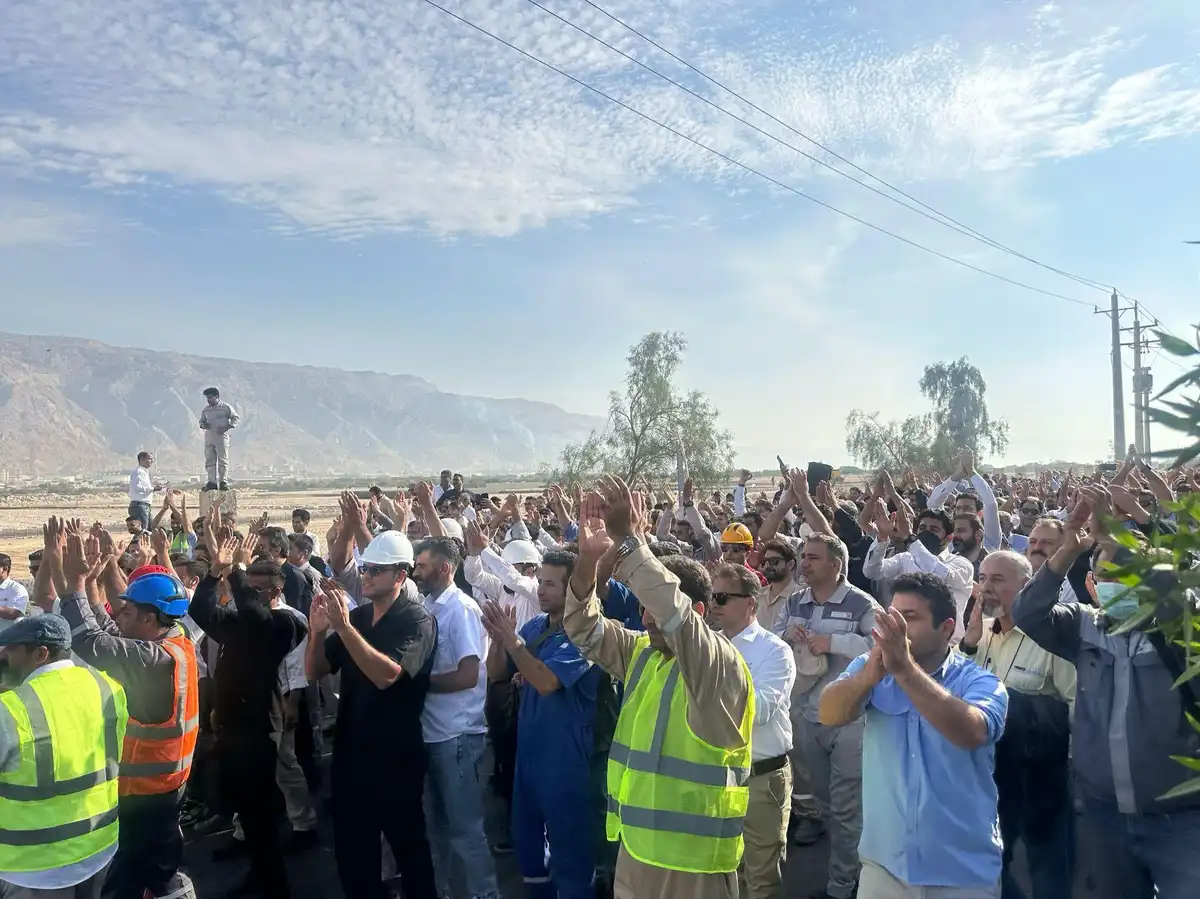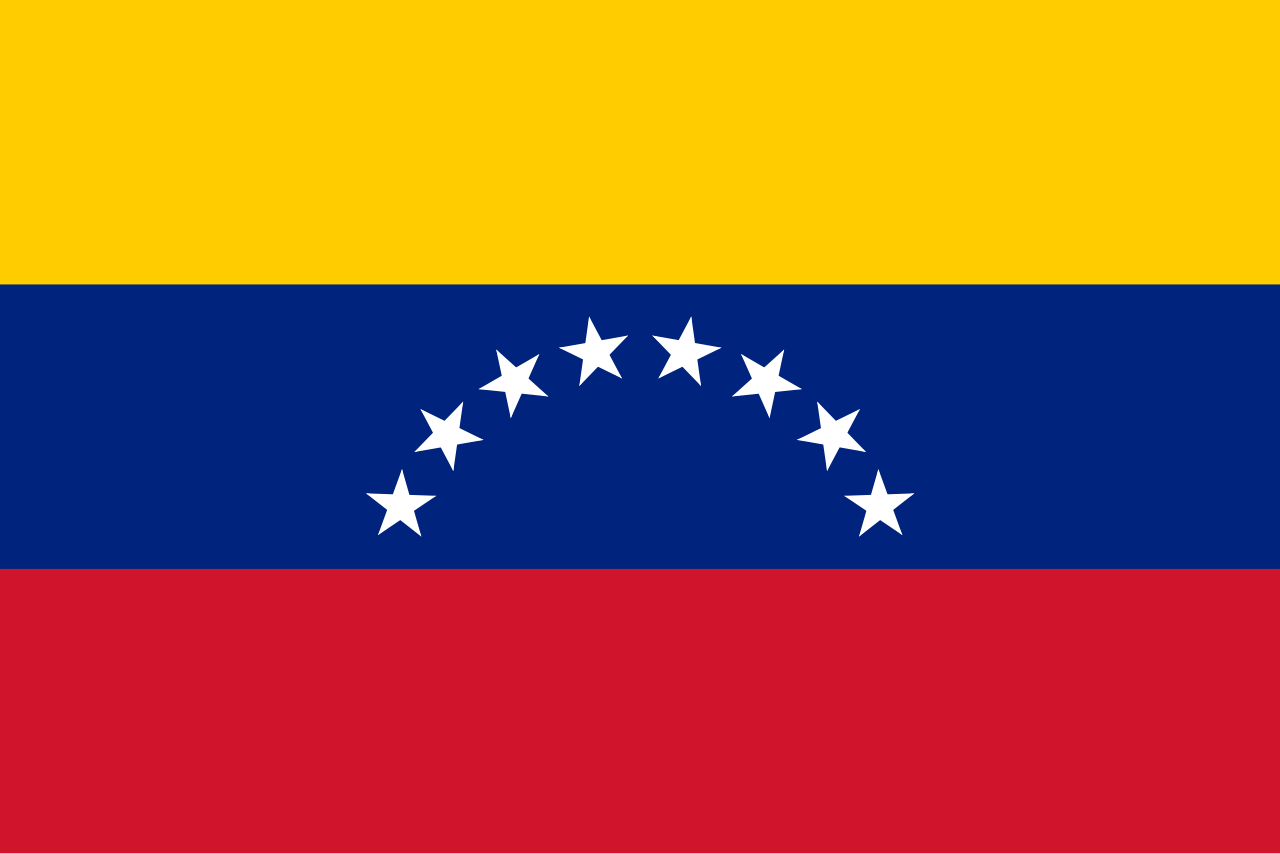The Boycott, Divestment and Sanctions (BDS) movement took a step towards building a united, nationwide campaign last weekend when Palestine solidarity activists from around the country gathered in Auckland for a “Conference on Palestine”.
BDS is a global movement started in 2005 by Palestinian civil society organisations that calls for “international civil society organizations and people of conscience all over the world to impose broad boycotts and implement divestment initiatives against Israel similar to those applied to South Africa in the apartheid era”.
The label “apartheid” fits the state of Israel just as it once fitted South Africa. Israel is a racist, colonial state where the indigenous people – Palestinians – are not granted the same rights to life, liberty and self-determination that are enjoyed by non-Palestinian Israelis.
Illegal settlements continue to claim more and more of the remaining Palestinian land while Palestinians displaced inside Israel are unable to return to their homes, which were confiscated in 1948. Most Palestinians are not citizens of Israel and are unable to travel freely anywhere in historic Palestine. They have no right to a passport and must get a permit to travel within Israel, even for vital medical treatment. There is an extensive network of Israeli-only roads that criss-cross the West Bank and hundreds of military checkpoints that make journeys of only a few tens of kilometres last many hours.
Resistance to occupation is met with a brutal response by one of the most militarised states in the world. Demonstrations face tear gas, rubber bullets and live ammunition from the Israeli Defence Force, which regularly kills and assassinates Palestinian political leaders and resistance fighters. More than 5000 Palestinians are held in Israeli prisons, including over 200 children.
New Zealand’s capitalist class is complicit in the oppression of the Palestinian people. While posing as a voice for ‘peace’, our political leaders are always supportive of Israel’s’ supposed ‘right to security’ – the excuse Israel gives for repeated military incursions, bombing raids and the collective punishment of Palestinians in the Gaza Strip. While Israel is increasingly viewed as a pariah by people all over the world, the National Government has deepened ties – allowing the reopening of the Israeli embassy and encouraging contacts such as visa-free working holiday programmes – unavailable to most Palestinians, of course. And all this is not to mention the millions of dollars of trade between the two countries every year, including joint ventures between New Zealand and Israeli capital.
Last weekend’s conference bought together dozens of activists from Palestine solidarity groups around the country for the first time since 1991, for a series of workshops that explored ways activists in Aotearoa can use BDS as a tool through which to support the Palestinian cause. Hundreds more attended open sessions on Palestine solidarity the next day. Especially exciting are the links that are being forged in a new generation of activists determined to fight in solidarity with Palestinians throughout all of historic Palestine.
A screening of the film 5 Broken Cameras and inspiring speeches by visiting activist Yousef Aljamal ensured that Palestinians from within the occupied territories had a voice at the conference. Author Miko Peled also spoke, and gave an interview with Kim Hill. Breaking open space for the voices of the oppressed is a key task of every anti-colonial movement, and BDS activists in Aotearoa are committed to carrying on this struggle.









